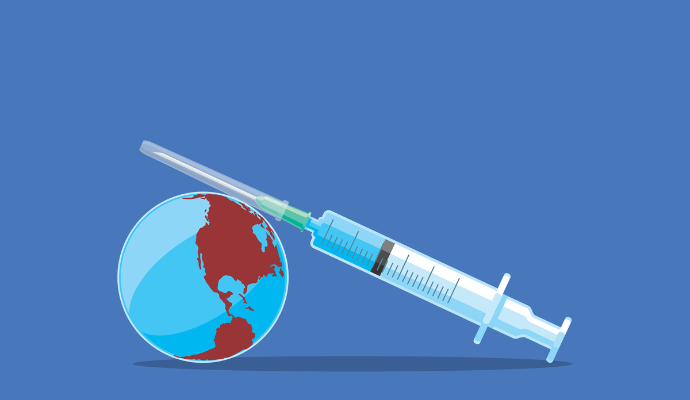GSK Receives Fast Track from FDA for Gonorrhea Vaccine
The vaccine is part of GSK’s quest to combat antimicrobial resistance across several domains.

Source: Getty Images
- On Thursday, the FDA announced that it would grant GSK a fast track designation for its gonorrhea vaccine. The fast track process expedites the review process for drugs used to treat serious conditions leading to early approval and accelerated access for patients.
The vaccine candidate is undergoing a Phase II clinical trial to assess efficacy in patients aged 18–50. The Phase II trial was initiated in November 2022 among 750 subjects across eight countries.
GSK’s global head of vaccines R&D, Phil Dormitzer, welcomed the fast track designation saying that the vaccine has the potential to guard against serious health consequences for millions worldwide.
Gonorrhea is a sexually transmitted bacterial infection often treated with ceftriaxone, an injected antibiotic used to treat a wide range of infections and avoid post-operative contaminations. The infection is often asymptomatic in women, making them less likely to seek treatments. Untreated forms of gonorrhea can result in serious complications, including pelvic inflammatory disease, infertility, ectopic pregnancy, and other adverse pregnancy outcomes.
Behind human papillomavirus, gonorrhea is the second most common sexually transmitted infection globally. The World Health Organization reported 87 million new infections in 2016, and epidemiological studies have found that infection rates have been rising globally. Rates of gonorrhea in the United States more than doubled from 2009 to 2021. In 2021 alone, roughly 700,000 cases were reported to the CDC.
Despite the wide availability of antimicrobial treatment for gonorrhea, the recent emergence of antibiotic-resistant strains of gonorrhea has encouraged pharmaceutical companies to seek novel therapies. In 2006, nearly 14% of gonorrhea samples were resistant to ciprofloxacin, leaving just one remaining class of antimicrobials to treat gonorrhea infections.
In 2022, the Department of Health and Human Services (HHS) pledged $300 million over ten years to combat antibiotic-resistant bacteria and advance the development of preventatives, therapeutics, and diagnostics. GSK has accepted up to $18 million of HHS funding through its Combating Antibiotic-Resistant Bacteria Biopharmaceutical Accelerator (CARB-X) to develop two vaccines for Strep A and Salmonella. The company is also working on a novel antibiotic for UTIs and an oral drug for E. coli infections.
This year, US public health officials in Massachusetts reported two cases of gonorrhea that showed resistance to several classes of antibiotics for the first time. Although those cases responded to ceftriaxone, Massachusetts’ head of public health, Margret Cooke, expressed concern that the common STD may eventually evade that treatment as well.
